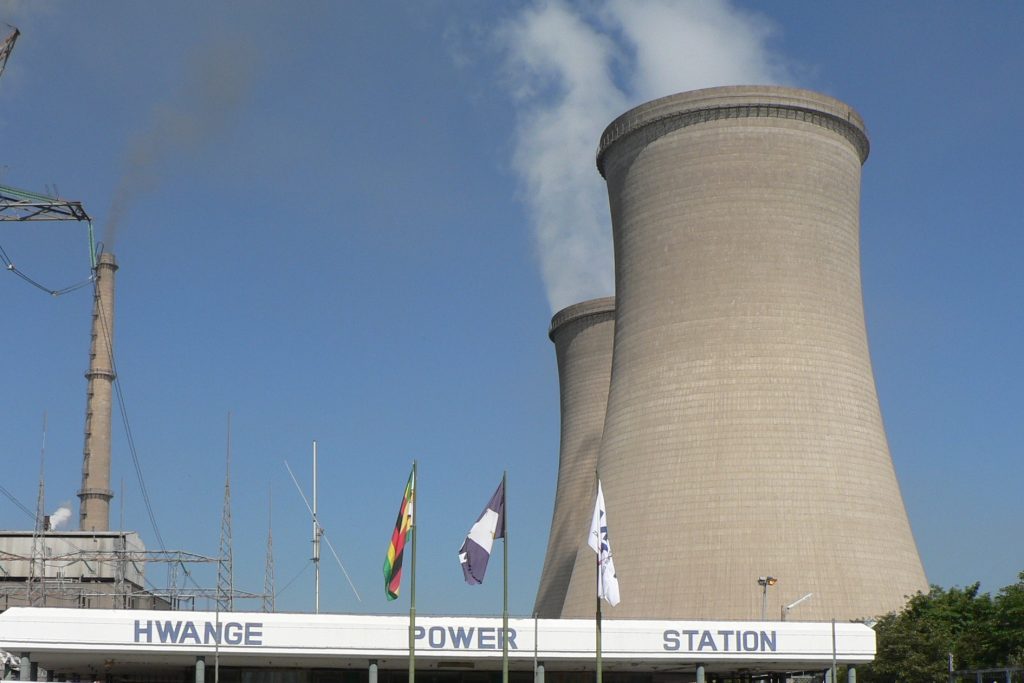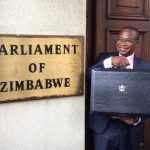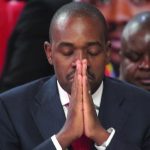Debt burden
One of the major reasons the power utility is in trouble is its failure to collect debts. The company, as at last year, was owed $1.5 billion by defaulters.
The list of defaulters was headed by councils, which owed $400million, with Harare City Council alone owing over $150 million. Domestic users owed $300 million, while farms owed $120 million and industries $105 million. The government itself is a big defaulter, having owed ZESA some $100 million.
Future
Projects such as RioZim’s Sengwa and other smaller solar plants are encouraging. However, Zimbabwe has just not invested adequately into energy, especially on closing its base-load deficit, and the country is still not preparing enough for the future.
Firstly, with climate change, reliance on hydro for base-load has been exposed as unwise. Secondly, as the world moves away from coal, Zimbabwe will find it increasingly hard to secure funding for thermal. The World Bank in 2013 stopped funding coal plants, while HSBC, Europe’s biggest bank, has recently announced it would “stop financing new coal-fired power in all countries around the world”. Top banks such as BNP Paribas and ING have also stopped lending to coal investors.
It is 2019, but Zimbabwe still does not have a renewable energy policy, meaning there’s no structured plan for investment into that area. The potential for solar is big, but still held back by bureaucracy and graft.
Where energy contracts have been given, they have at times, been handed to entities with no credibility.
As long as Zimbabwe does not prepare and invest better in energy, the country must prepare for many more years in the dark.- NewZwire
(388 VIEWS)


